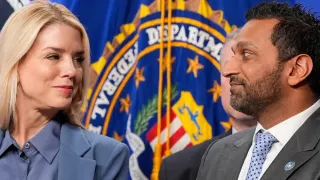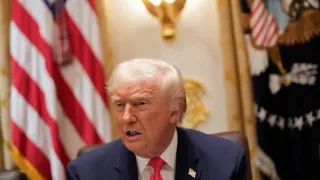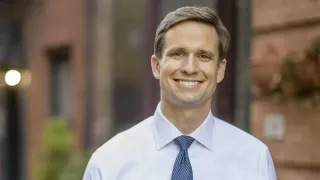June 7, 2019
Police in Uniform Now Welcome at California Pride Event
READ TIME: 2 MIN.
Organizers of a pride parade in California reversed course Thursday and said uniformed police officers will be welcome at this weekend's festivities.
The announcement came after the Sacramento LGBT Community Center and the Sacramento Police Department created a partnership that will include a police liaison for the center and training for all new officers with discussions about implicit bias.
The center previously asked city officers not to participate in uniform to acknowledge what it called "the pain and marginalization of community members who have been harmed by police violence."
The partnership also calls for LGBTQ community forums that include Police Chief Daniel Hahn, LGBTQ officers, center board members and anyone else who is interested.
One goal would be to establish a program at the center for people to report crimes or complaints to police.
Representatives from the police the center first met in late May to discuss the center's ban on uniformed police officers.
"Everyone at the table listened, heard one another, and spoke from the heart, making it apparent everyone had the same desire to do what is best for the community," Hahn said. "We all want to be accepted for who we are and to feel safe and welcome in our own communities."
Police didn't participate in last year's events, which took place a few months after the fatal shooting of 22-year-old Stephon Clark in his grandparents' yard.
LGBT Community Center officials have said allowing officers in civilian clothes to participate this year was a compromise.
"We cannot be surprised when those for whom law enforcement has been historically and disproportionately applied are stricken with fear by the sight of a uniform nor can we be surprised when banning that uniform doesn't bring about the deeper change we seek," said Carlos Marquez, president of the center's board.
Marquez said the partnership "is about healing and propelling us forward."
Pride festivities in Sacramento begin Saturday. The parade is set for Sunday.






